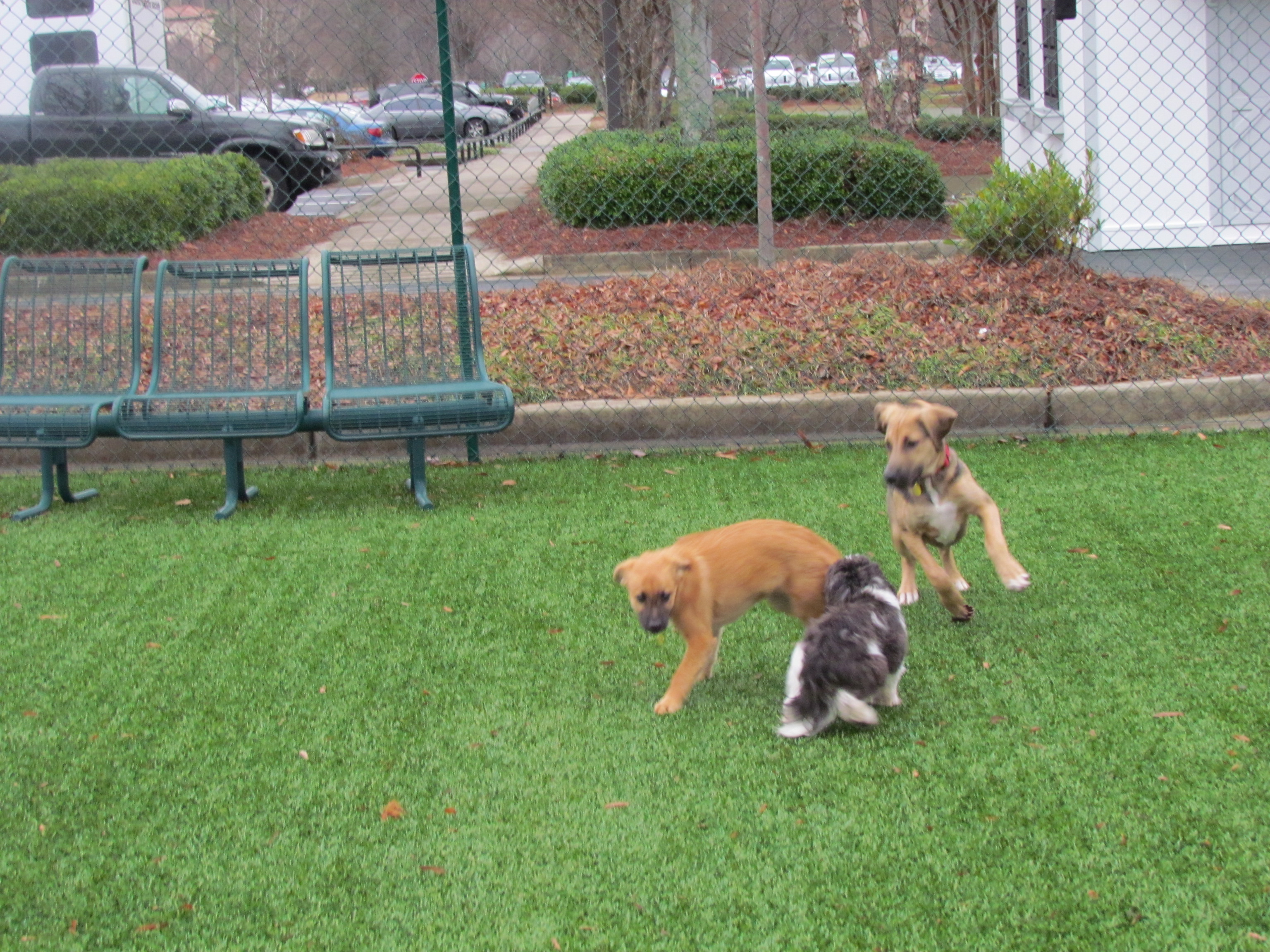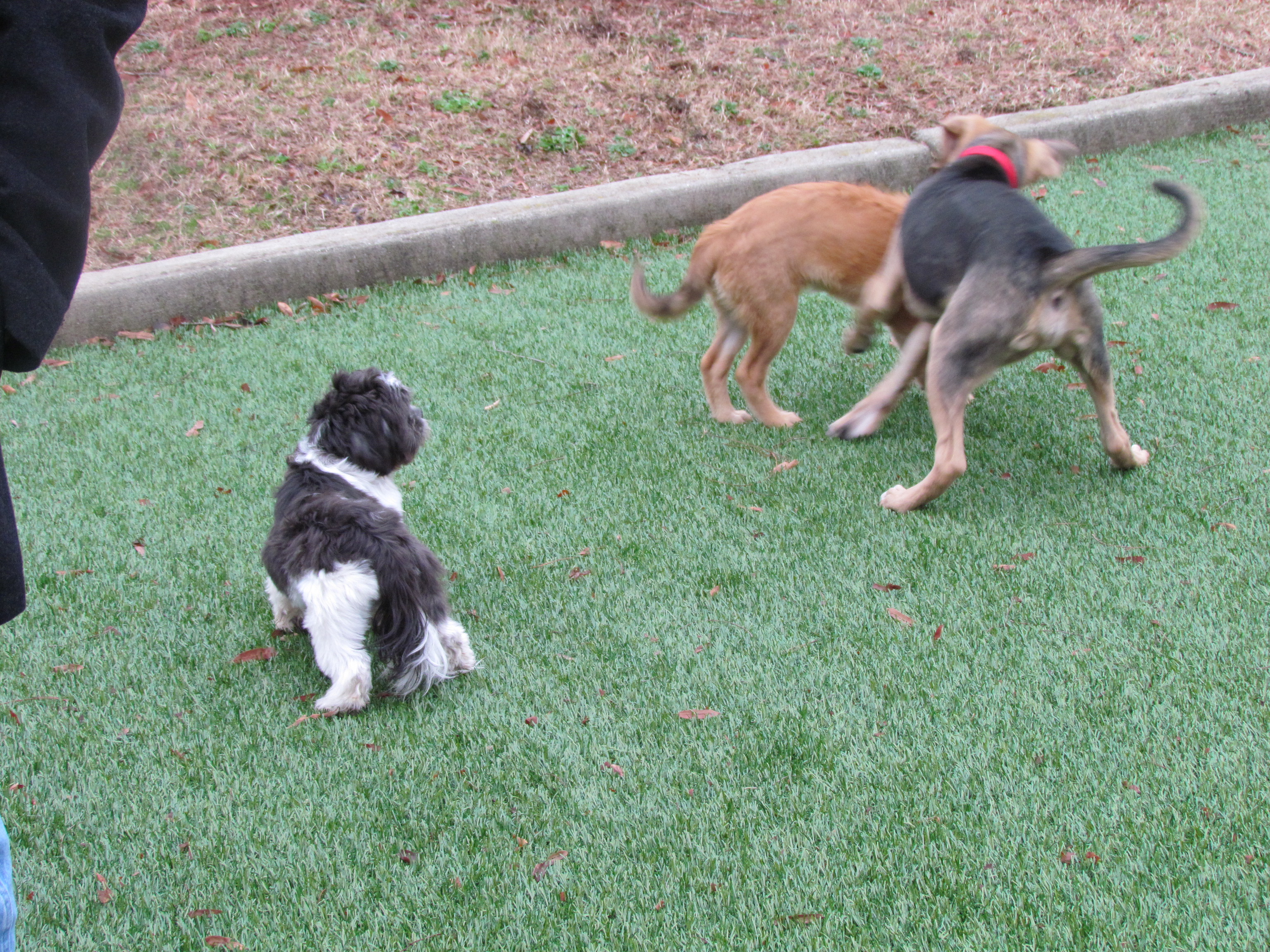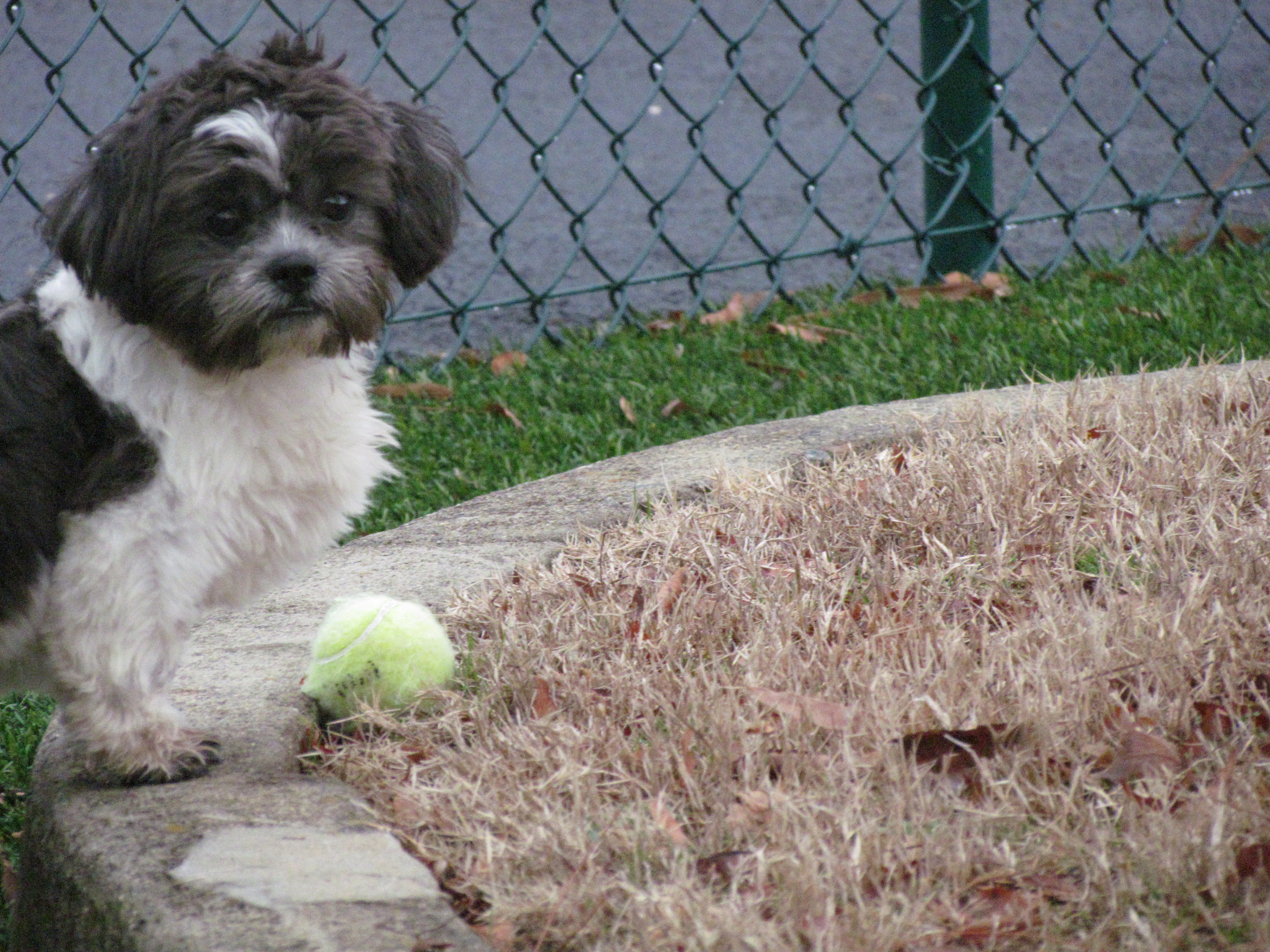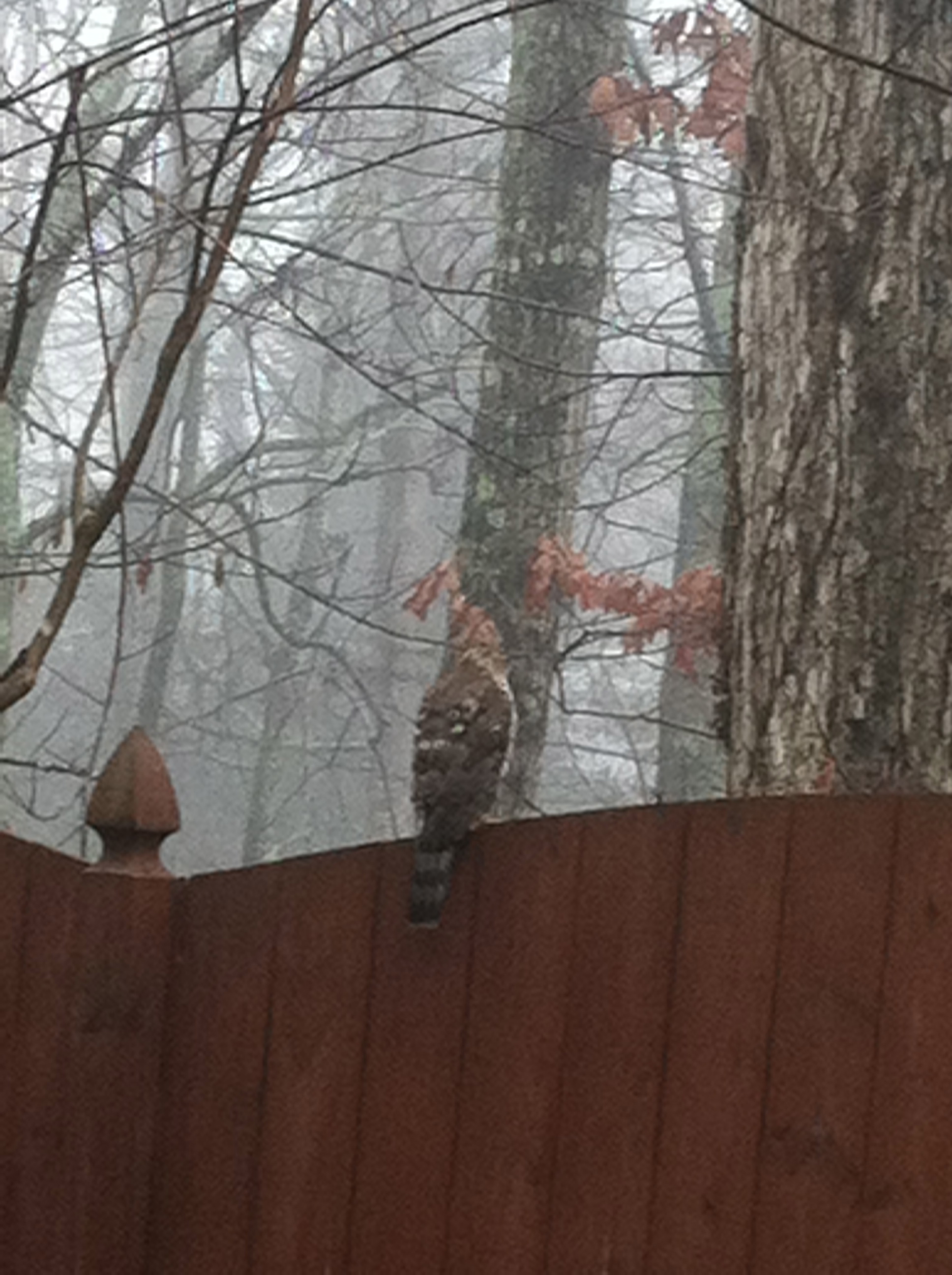Imagine if God created you to be the Michelangelo of this age, but you stayed so busy doing all kinds of things — good things — that you never got around to painting and sculpting.
You’d end up missing God’s plan and design for your life because you got distracted chasing lesser things.
What a disappointment it would be for God, you, and all the people who would have been blessed if you’d stayed focused on your original purpose!
Today, make a list of things not-to-do in 2012. Fill your list with things you do that don’t match God’s purpose for your life or things you think you have to do but haven’t been told to do by God.
Ask God to clarify the things he wants you to do this year, and then ruthlessly move everything else onto your list of things not-to-do. Then, press on toward the goal to win the prize for which God has called you (Philippians 3:14).
Jon Walker – Daily Hope with Rick Warren, “Make a Not-to-Do List for 2012,” 12.26.11
All week long I’ve been thinking about this devotional. What if I am supposed to do something big and I’m too busy cleaning my kitchen or catching up with friends on Facebook? Though I don’t equate my writing to Michelangelo’s painting or sculpture, I know as an artist I need discipline and focus. It is so easy to get caught up in other things that have an immediate pay-off. But is that God’s plan and design for my life. I don’t think so. Writing calls to me from someplace deep in my soul. So in an effort to focus my mind toward my writing goals, I developed a Not-to-Do List for 2012.
In 2012 I Will Not. . .
1. Give up.
Between Christmas Eve and New Years Eve I received three letters rejecting my work. It put a dapper on the holidays for me. I contemplated ditching writing for the New Year. But then I read a post on Helensadornment blog about the three years it took her to establish her jewelry business. It helped me realize that it takes time and commitment. I have to keep my eye on the goal and not give up.
2. Doubt the call to write or myself.
I spend too much time wondering if I am a good writer or if I’m really suppose to be writing. Sometimes those thoughts can take me down such a rabbit hole that takes me days to get out of. Then I struggle to get back into the groove of writing again. I have to stop doubting myself and just write. If it isn’t for me, the door will close without me obsessing over whether or not I’m doing the right thing.
3. Judge myself by others.
Whenever someone I know gets published, I judge my writing against his or her work. It leads me right into doubting my writing and myself. But I am never going to be able to write like someone else. I have my own style. My time would be better spent developing myself as writer and making each piece I write the very best it can be.
4. Squander my writing time with Facebook, Twitter or email.
Often times when I sit down to write, I waste time catching up on Facebook or Twitter. I can spend 45 minutes scrolling through updates before I turn my attention to the work at hand. By then my energy has run down. I’m sick of sitting in the chair at the computer. So this year writing time is writing time. I can catch up on social media after my work is done.
5. Take short cuts in my writing.
Often times I bypass the hard stuff, because it makes me feel uncomfortable. I don’t want to deal with the emotions, so I rush through the work. But good writing comes from allowing yourself to get lost the wilderness. You write your way through it and come out the other side. You can’t dapple in that type of writing. It requires your all.
This year I will focus on God’s plan and design for my life rather than things that distract me from my goals.
What’s on your Not-to-Do list?


 Writing Down the Bones: Freeing the Writer Within is the one book – other than the Bible – that has had the greatest influence on my life. Prior to reading it, my writing was sporadic at best. Ideas would float in and out of my mind, but I wasn’t committed to a regular schedule. I wrote when the mood hit me or when I had time, which wasn’t often with three young children. Though I always had the desire to write, I couldn’t figure out how to make it fit into my life. I shared this with a co-worker and she recommended Goldberg’s book.
Writing Down the Bones: Freeing the Writer Within is the one book – other than the Bible – that has had the greatest influence on my life. Prior to reading it, my writing was sporadic at best. Ideas would float in and out of my mind, but I wasn’t committed to a regular schedule. I wrote when the mood hit me or when I had time, which wasn’t often with three young children. Though I always had the desire to write, I couldn’t figure out how to make it fit into my life. I shared this with a co-worker and she recommended Goldberg’s book.



 The first class of training was only for humans. An orientation they called it. I was more than a little disappointed. I wanted to get her straight. Well, turns out she wasn’t the one who needed to be straightened out. The training and behavior manager at Atlanta Humane Society, Mailey McLaughlin, M.Ed, blew me a way with her humor and matter-of-fact way of explaining dog behavior. I learned a lot.
The first class of training was only for humans. An orientation they called it. I was more than a little disappointed. I wanted to get her straight. Well, turns out she wasn’t the one who needed to be straightened out. The training and behavior manager at Atlanta Humane Society, Mailey McLaughlin, M.Ed, blew me a way with her humor and matter-of-fact way of explaining dog behavior. I learned a lot. We slowed down to get a better look. It was huge and totally indifferent to our car. I contemplated circling back to take a picture with my I-phone, but to be honest I was afraid to get out of the car. I went on with my morning. I dropped the girls off at school and then went to the YMCA to work out (another personal challenge). The bird never crossed my mind again. But when I got home from my workout, there was another hawk on my lawn. As I pulled in the driveway, it flew past the car and perched itself on my fencepost. I drove up closer to the fence and rolled down the window to take a picture.
We slowed down to get a better look. It was huge and totally indifferent to our car. I contemplated circling back to take a picture with my I-phone, but to be honest I was afraid to get out of the car. I went on with my morning. I dropped the girls off at school and then went to the YMCA to work out (another personal challenge). The bird never crossed my mind again. But when I got home from my workout, there was another hawk on my lawn. As I pulled in the driveway, it flew past the car and perched itself on my fencepost. I drove up closer to the fence and rolled down the window to take a picture.

